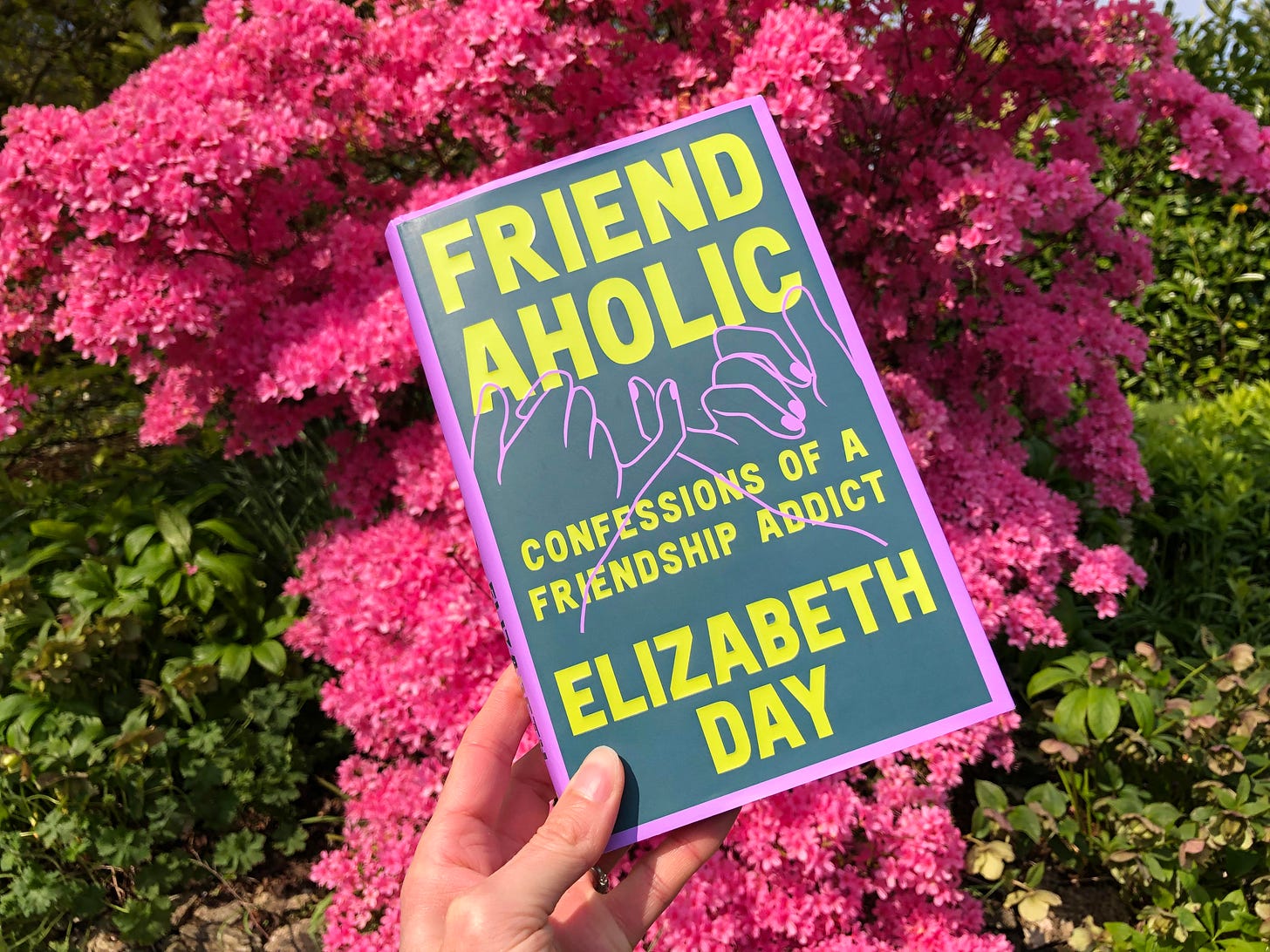Thanks to Elizabeth Day I’ve Just Found Out I’m a Friendaholic
What role do you play in your friendships?
I don’t like WhatsApp groups. Sometimes I have a fleeting notion that for every group I’m included in, there is a corresponding one with all the same people, minus me! Damn my deep-rooted sense of irrelevance!
Of course, my real friends bring me a feeling of safety and a sense of belonging. We share a nourishing reciprocal love and understanding. They know my quirks and insecurities, and they are still here. That must count for something.
We are all different and approach our friendships in different ways. I view my close friends as my family. As a child, my dysfunctional family setup and boarding school directed me to find my emotional safety in the comfort of my friends.
There are ups and downs to my friendship habits. I make friends easily. But I have contorted myself for too long to ensure I am liked and accepted. During this process, I have shrunk myself to fit in! For the first three decades of my life, I believed my role was to serve my friends. I was responsible for their happ…





